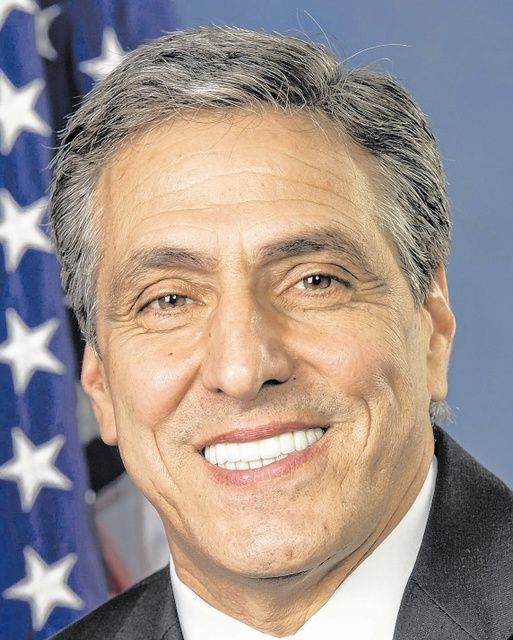Click here to subscribe today or Login.
Imagine, if you will, a Pennsylvania family farm like many others, with pleasant fields growing crops meant for market – to support the farmer’s family and feed American citizens. Picture also a dry depression in one of those fields, which only gathers standing water during periods of heavy rain.
Now conjure up a confrontational federal bureaucrat decreeing that the mud puddle is protected under the new “Waters of the U.S.” rule from the Army Corps of Engineers and the unaccountable Environmental Protection Agency.
That last part is easy to envision, because it is precisely what can happen under a rule recently enacted by President Barack Obama’s EPA.
The water rule would significantly expand the scope of federal jurisdiction under the Clean Water Act over virtually all waters and wet areas in the country. The rule also would undermine the role of the states as partners and co-regulators of the nation’s waters. The EPA’s new definition of federal waters would force property owners to prove that large mud puddles and ditches on their property should not be federally regulated. The result would be a massive tangle of bureaucracy that increases the costs for farmers, home builders, manufacturers, contractors and pretty much anyone who uses land in the course of doing business.
Additionally, townships, cities and counties will feel the pinch as a reduction in land usage will complicate their own interactions with the federal government and reduce the amount of property taxes they can collect.
The Clean Water Act, which has governed as a strong partnership between the federal government and the states for more than four decades, had long identified “Waters of the U.S.” as those bodies of water that are navigable, or significantly connected to navigable waters, a phrase which has always been understood to mean that one could pilot a boat through the water. No longer. Under these EPA changes that took effect in August 2015, that depression in a field which occasionally fills with water, that ditch or spillway which only becomes a stream during heavy rain or snowmelt, or that isolated pond in the middle of a farm, could fall under the new regulations.
Under the new rule, obtaining federal permits for such mundane chores as building fences or pulling weeds could become nightmarish if the EPA determines that such activity would cause runoff that could eventually find its way into a navigable body of water. Farmers and landowners would have to prove that their property did not fall under the rule, meaning higher legal fees, increased costs for doing business and threats to existing jobs and new hiring. Some say the EPA rule could finally run them out of business.
The rule presupposes that states lack the ability to monitor and enforce environmental regulations, and it ignores Supreme Court cases that clearly state that there are limits to the EPA’s authority under the Clean Water Act. Under the old way, states and localities were entrusted with overseeing smaller, more remote wetlands, because they were more in touch with residents and more in tune with local economic and environmental realities. As has been habitually the case with the Obama EPA, the new course is that “Washington knows best” and “one size fits all.”
There are more than 5,100 farms in the congressional district I am honored to represent; but agriculture is by no means the only industry threatened by the new “Waters of the U.S.” rule. Home builders will be squeezed by the increase in size of the water buffer on some land parcels, which means reduced usable land areas. In turn, that translates to lower amounts of property taxes collected by local governments. Further, manufacturing will be stifled, as businesses will be reluctant to tangle with the EPA in order to begin, improve or expand operations. All of these developments threaten job creation and economic vitality in Pennsylvania.
Already the federal courts have put a temporary stay on the rule since at least 32 states, representatives of the nation’s large cities, smaller cities, counties, towns, townships, farmers, businesses, home builders, contractors, manufacturers and others throughout the regulated community have fought against the rule’s federal overreach. Both chambers of Congress have recognized the foolishness of the rule and passed a resolution vacating the change. Despite this, President Obama has vetoed the measure, demonstrating once again that he has greater concern for placating his environmental extremist supporters than he does for working farmers and local businesses everywhere.
There’s an old adage that says that “all politics is local.” The same should be said for the decision-making process as it relates to the Waters of the U.S. rule. Opposition to the rule is grounded in the belief that all wisdom does not reside in Washington, D.C. It might be difficult for unelected, federal environmental bureaucrats to understand, but sometimes a mud puddle is just a mud puddle.





